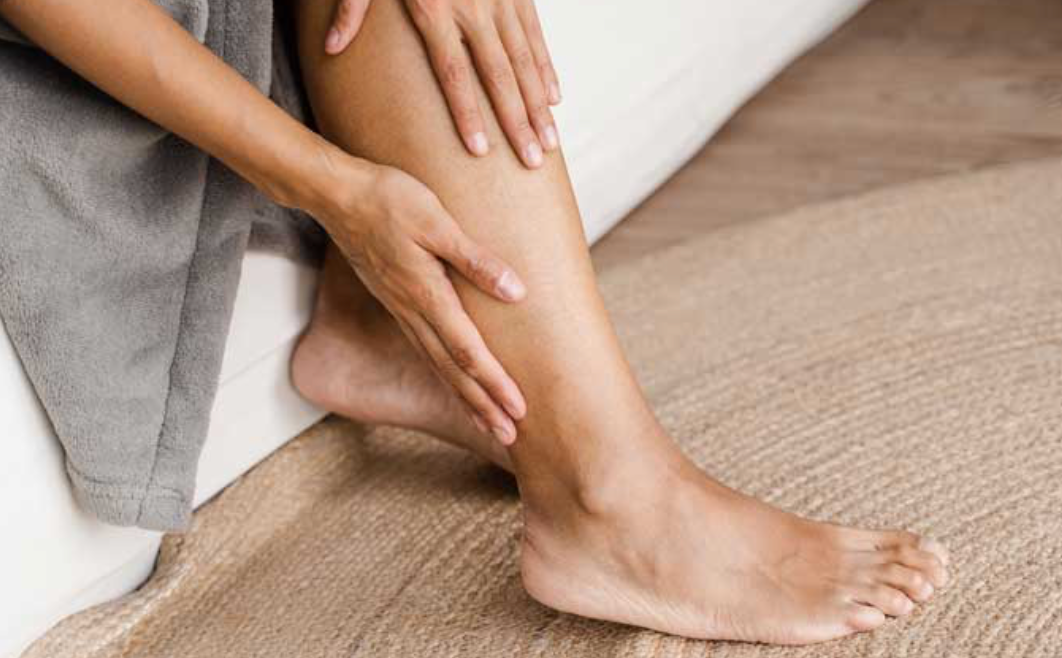Understanding How Diabetes Leads to Poor Circulation
Diabetes, a chronic condition affecting energy metabolism, poses risks beyond its immediate symptoms. High blood sugar levels associated with diabetes can contribute to poor circulation, impacting various parts of the body and leading to severe health consequences.

Ways Diabetes Contributes to Poor Circulation:
- High Blood Sugar Levels:
- Damage to blood vessel linings occurs when blood sugar levels are consistently elevated, hindering smooth blood flow.
- Atherosclerosis:
- Diabetes increases the risk of atherosclerosis, where fatty deposits narrow arteries, impeding blood flow.
- Nerve Damage:
- Diabetes-induced nerve damage, particularly in the feet and legs, may reduce the ability to sense pain or temperature changes, increasing the risk of injuries.
- Infection Susceptibility:
- Poor circulation, common in diabetes, makes it challenging for the body to combat infections effectively, especially in the feet.
Potential Consequences of Poor Circulation:
- Ulcers:
- Open sores, known as ulcers, can develop on the skin of the feet, causing pain and difficulty in healing.
- Gangrene:
- Tissue death in the feet, known as gangrene, is a severe condition that may necessitate amputation.
- Heart Attack:
- Individuals with diabetes face an increased risk of heart attack due to poor blood flow to the heart.
- Stroke:
- The risk of stroke is elevated in people with diabetes, as poor circulation may impede blood flow to the brain.
Preventive Measures for Poor Circulation in Diabetes:
- Control Blood Sugar Levels:
- Collaborate with your doctor to develop a treatment plan that maintains blood sugar levels within the target range.
- Regular Exercise:
- Engage in 30 minutes of moderate-intensity exercise most days of the week to improve blood flow and circulation.
- Quit Smoking:
- Smoking damages blood vessels and hinders blood flow. Quitting smoking is crucial for overall vascular health.
- Foot Care:
- Keep feet clean, dry, and regularly inspect them for signs of issues. Seek regular foot exams from a doctor or podiatrist.
Additional Tips for Diabetes Management:
- Healthy Diet:
- Consume a balanced diet low in added sugar and saturated fat, while prioritizing high-fiber foods to manage blood sugar levels.
-
Stress Management:
- Adopt stress-reducing practices such as exercise, yoga, or meditation to prevent elevated blood sugar levels.
- Medication Adherence:
-
Take prescribed medications consistently to effectively control blood sugar levels.
DiabeticShoe.in offers a variety of goods that can help alleviate pain caused by foot arches.
Now is the time to buy medically manufactured insoles and shoes to treat foot pain!
Learn more about Prescribed Orthotics.








